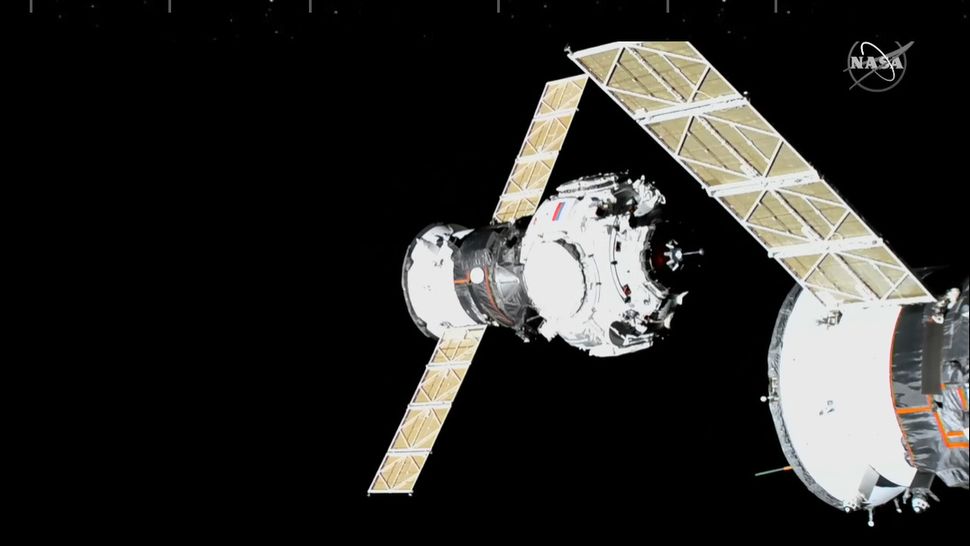
If Russia drops out before 2030, that’s where things get complicated. RUSSIA HAS LOST ITS LEVERAGE OVER NASA AND IN THE SPACE BUSINESS, EXPERTS SAY A Russian cosmonaut is scheduled to embark on a SpaceX Dragon as part of NASA's Commercial Program later this year. no longer relies on Russia to shuttle its astronauts to and from the orbiting outpost. Now with SpaceX and soon Boeing launching astronauts from Florida, the U.S. In 2011 when the space shuttle program ended, Russia became NASA's sole ride to the station for its astronauts. When NASA and Russia first began assembling the ISS in orbit, and the lights turned on, a Russian cosmonaut and American astronaut Bob Cabana entered the hatch together as a symbol of international collaboration.įor 22 years, astronauts have lived and worked continuously on the space station.

The International Space Station is jointly run by NASA, Roscosmos, the European Space Agency and Canadian Space Agency. "Remember that Russia’s best game is chess," Retired CSA astronaut Chris Hadfield tweeted. Japanese space tourists, Yusaku Maezawa (front left) and Yozo Hirano (front right) with cosmonauts and astronauts on the International Space Station. ‘After 2024,’ is more vague, open-ended bluster IMHO." "Gives Putin needed credibility domestically and internationally. "I think the Russians will try to stay as long as they can afford it," Kelly tweeted. Retired NASA Astronaut Scott Kelly was among those on Tuesday calling Russia's bluff on the potential exit. "NASA has not been made aware of decisions from any of the partners, though we are continuing to build future capabilities to assure our major presence in low-Earth orbit." "NASA is committed to the safe operation of the International Space Station through 2030, and is coordinating with our partners," NASA Administrator Bill Nelson said in a statement.

NASA and its partners have been attempting to extend the life of the ISS until 2030. Under the current international agreement with the ISS partners, Roscosmos will continue to participate in the ISS through 2024. What makes this statement different from often inflammatory remarks from Rogozin is that Russia departing its role within the ISS sometime after 2024 would meet its current obligations to the program. "The decision to leave the station after 2024 has been made," Borisov said, adding, "I think that by that time, we will start forming a Russian orbiting station." According to Russian state media and the Associated Press, Borisov recently met with Russian President Vladimir Putin about leaving the ISS.


 0 kommentar(er)
0 kommentar(er)
